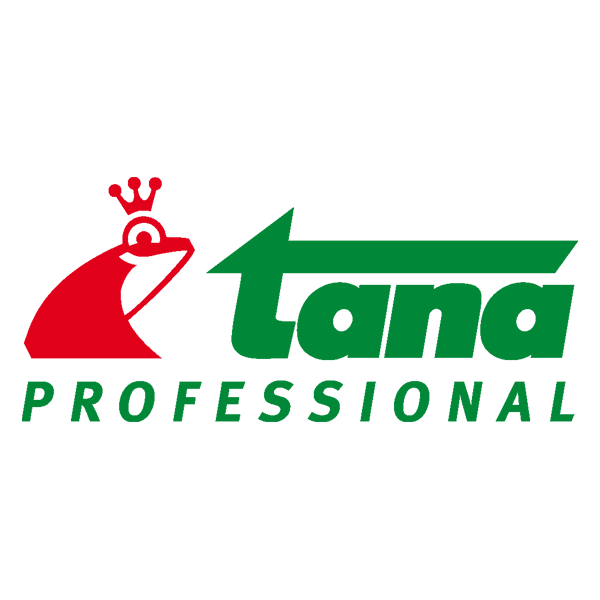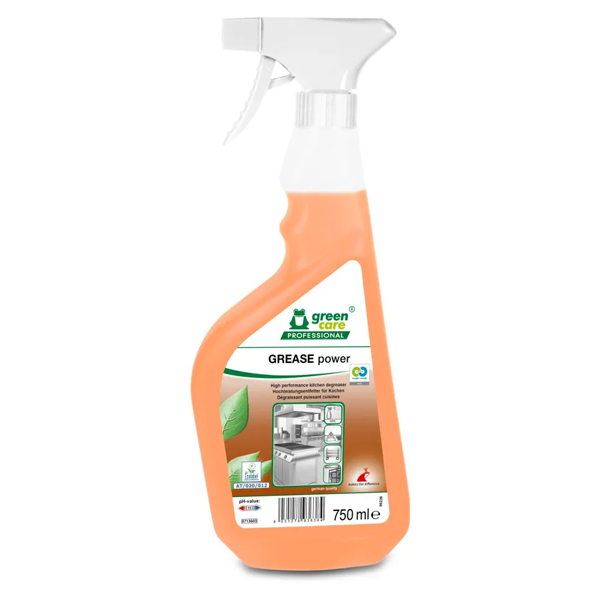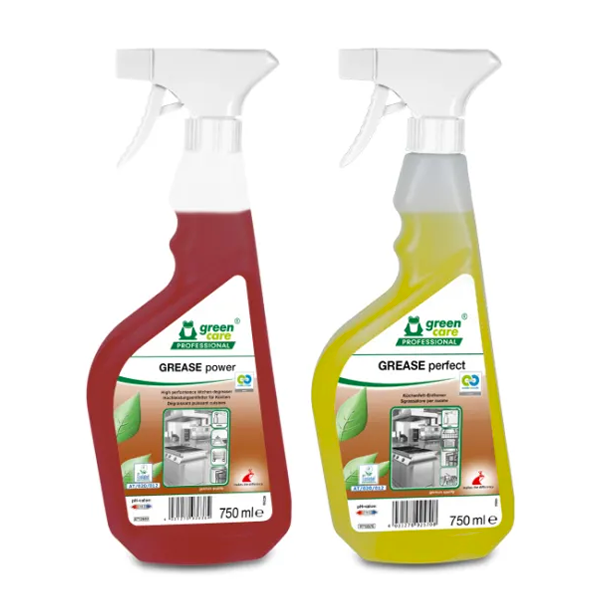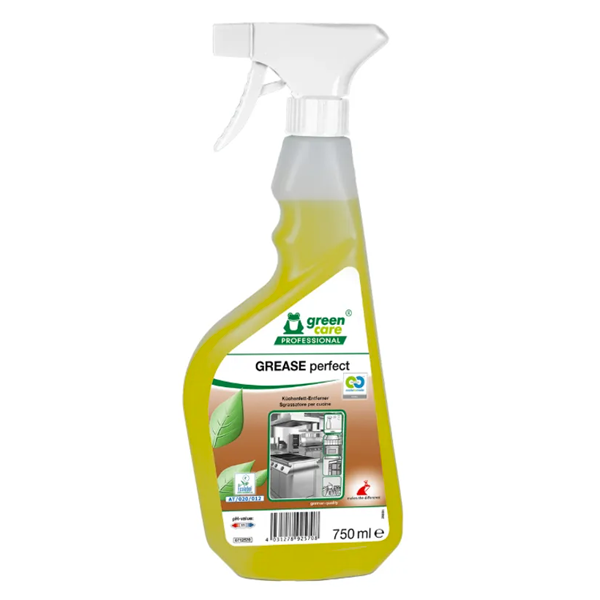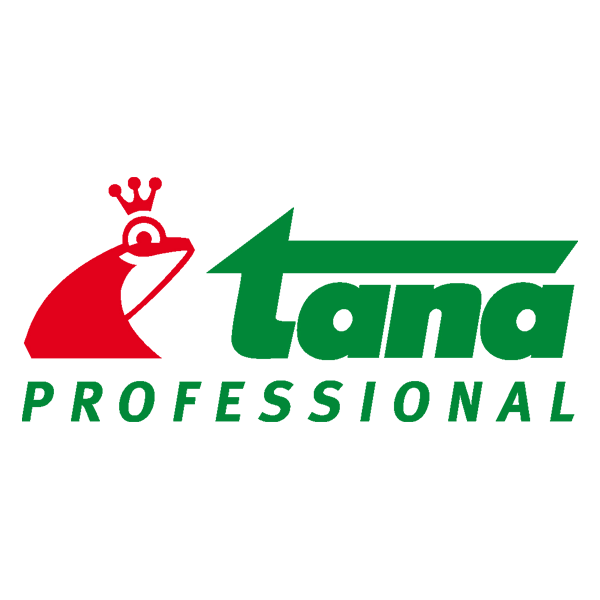Étude de cas
Werner & Mertz – From linear to circular
Conventional management systems were developed for companies with linear structures. This means they are to some extent at odds with the principles of a circular economy. EPEA Switzerland and Werner & Mertz are working to reconcile the two approaches.
Management systems are intended to give companies structure and consequently make business processes optimally efficient. The same is true of environmental management systems certified to ISO 14001, for example. These already focus on environmental aspects in the life cycle perspective and the identification of potential opportunities and risks.
However, they still relate to companies with a linear structure and therefore do not incorporate the principles of a circular economy, such as Cradle to Cradle. This is now set to change through the work of the German family-run company Werner & Mertz, famous for its “Frosch” (frog) brand of professional and household cleaning supplies, and EPEA Switzerland, the accredited assessment body for the Cradle to Cradle Certified certification standard and Material Health Certification. They intend to develop management systems for companies structured for the circular economy.
A key step has been taken by Werner & Mertz with the launch of the “green care PROFESSIONAL” brand for the professional institutional and industrial sector. This brings together the principles of a management system that correctly implements processes with the principles of implementing the right processes under Cradle to Cradle in one principle that ensures the right processes are implemented correctly. Werner & Mertz has already been working towards this aim with its Frosch and green care PROFESSIONAL product ranges.
A further success on the road to combining linear management systems with the circular economy was achieved by EPEA Switzerland at the end of 2019. It entered into a cooperation agreement with the certification body Quality Austria to further align environmental management and circular economy systems. Now, EPEA Switzerland and Quality Austria plan to also exploit the potential offered by the European Union’s European Green Deal. This set of policy initiatives by the European Commission is a roadmap for making the EU’s economy sustainable.
Werner & Mertz are already operating with this in mind. „Only by shifting sustainability center stage in all its processes can a company effectively make and sell an eco-friendly product„, says Reinhard Schneider, CEO of Werner & Mertz.
Étude de cas
Cradle-to-Cradle revolutionizing the printing industry
Bäch SZ – UV printing inks have already influenced the printing industry to a significant extent. However, it is only following a collaboration between Werner & Mertz, Siegwerk Druckfarben and EPEA Switzerland that these inks have also become compatible with the circular economy.
Werner & Mertz, the German company of brands for detergents, care products and cleaning products, has been working with EPEA Switzerland, the accredited expert for Cradle-to-Cradle Certified and Material Health Certificate certifications, as partners for eight years already. Together, the two organizations have developed to market maturity several innovations that are compatible with the principles of the circular economy. When Werner & Mertz and EPEA Switzerland decided to create UV printing inks in accordance with the Cradle-to-Cradle circular economy principles a few years ago, Siegwerk Druckfarben was their first port of call. Together, the three partners resolved in 2016 to sustainably transform the printing industry.
UV printing inks can be printed onto numerous surfaces as well as on paper. They are therefore well-suited to being used for all types of packaging. The inks set hard immediately after being exposed to UV light. For this reason, they do not need to be bound with the material on which they are printed. However, the pigments in UV printing inks could not be recycled until the revolutionary collaboration of these three partners. In order to change this, Werner & Mertz and Siegwerk consistently worked on a project to develop UV printing inks that firstly complied with the Cradle-to-Cradle requirements and secondly achieved the required level of print quality. It is not just the pigments themselves that are responsible for this, as Immo Sander, who advanced this development at Werner & Mertz, explains. It is rather more a case of ensuring an effective overall interaction between the printing ink in question and the surface to be printed.
Nevertheless, their experiments were successful and eventually led to a breakthrough, EPEA Switzerland founder and CEO Albin Kälin says. The developed UV offset colors were awarded the Material Health Certificate GOLD and are today the only Cradle-to-Cradle certified UV ink system with gold status. The certification represents another step in the right direction, comments Alina Marm, Head of Circular Economy Hubs at Siegwerk Druckfarben. As a family company with 190 years of history, the printing ink manufacturers see it as their responsibility towards future generations to constantly further improve the ecological footprint and thereby proactively advance the compatibility of packaging formats with the circular economy.
